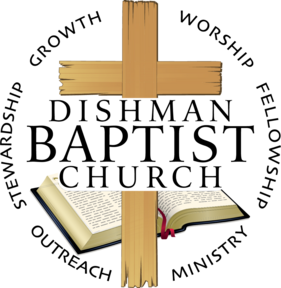26) Hebrews - The Mediator of the New Covenant

Introduction
Mediator by Death
Example of Death
Forgiveness by Death
One Sacrifice to Remove Sin
The two appearances of Jesus mentioned in Heb 9:26, 28 correspond to the appearances of the high priest on the Day of Atonement. His first appearance was in the outside courtyard to offer the sacrifice on the altar of burnt offering. From here, he entered the sanctuary, carrying the blood for atonement, and in so doing he passed out of sight of the people. The people anxiously awaited his return. Upon completion of his duties in the inner sanctuary, he emerged to the great joy of all the people. In a similar fashion, Jesus our high priest appeared the first time in his incarnation to make atonement for our sins on the cross (9:26). His ascension took him out of sight into the presence of God where he continually appears as our advocate (7:25). One day he will return to this earth and “appear again a second time” (9:28) to bring final salvation.
